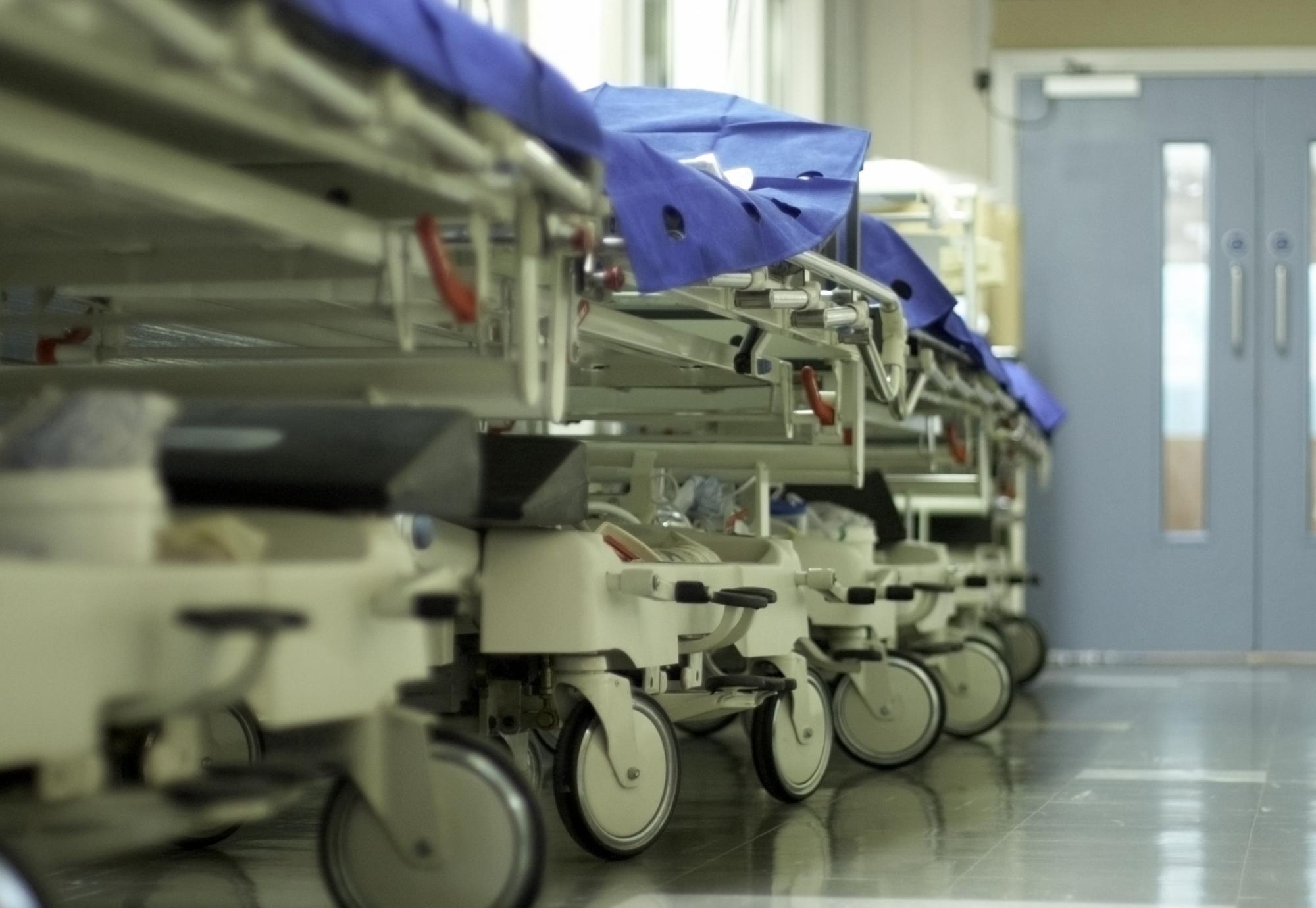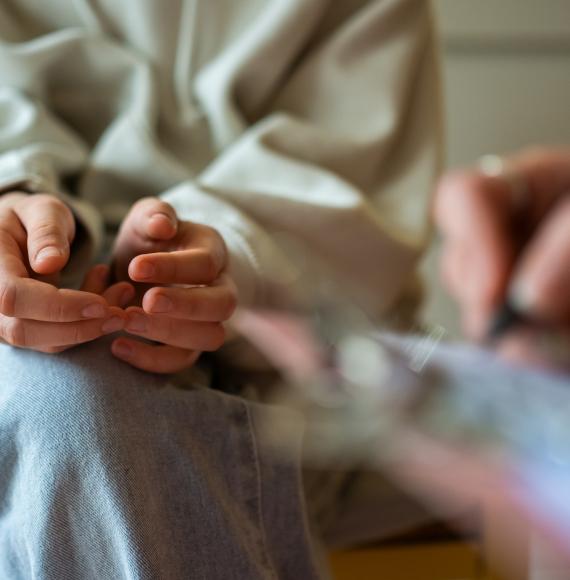A third national lockdown has received approval from MPs in Parliament, with the strict ‘stay at home’ messaging part of a plan of steps to help support and protect the NHS during a difficult period ahead. But just how serious is the situation?
It’s been the inescapable narrative around the UK Covid-19 response in recent days; the idea that the health service will soon be faced with more coronavirus patients than it can effectively manage with its current capacity.
And while there is cause to argue on either side of the divisive situation, there is one thing which rings true no matter a person’s viewpoint: the NHS is under severe pressure, at a time when it already annually faces significant challenges.
Just today, health services in Sussex and Surrey have rolled out their ‘major incident’ plans, while thousands of routine and elective surgeries have been cancelled or temporarily suspended around the country – particularly impacting NHS trusts in London, Essex and Kent.
At present, London and the South East of England are worst affected by Covid-19 infections.
Dr Vin Diwakar was quoted as saying in a briefing that the sheer numbers of people becoming seriously unwell with Covid could see the capital’s hospitals facing a shortfall of anything between 1,932 and 5,422 beds by January 19, 2021.
But the impacts are being felt by health services across the country, with the West Midlands Ambulance Service this week reporting a record number of calls being dealt with in a 24-hour period. Dealing with 5,383 calls, it led to ambulances force to queue and wait to hand over patients at the region’s hospitals, with a very small number of patients waiting more than four hours to be transferred into the care of hospital staff.
That situation, described as a “very challenging day” to the BBC, saw handovers accounting for 759 hours of crews’ time – or the equivalent of taking 63 ambulance off the road.
And the situation could yet get worse before it gets better.
According to the official UK Government figures for Covid-19 infections and deaths yesterday, there were 62,322 new infections and 1,041 deaths – the first time since April the daily deaths have exceeded the 1,000 totals.
It is theorised that this could represent the beginning of the effects of mixing during the shortened festive period, as there is usually a “lag” in infection rates and deaths. However, following strict measures having been put in place to restrict movement and mixing during this period, it is hoped it will not transpire to be as severe of a spike as first anticipated.
With the national vaccination programme continuing to build up speed – something Prime Minister Boris Johnson described in his address as a “clear route” through the crisis – the need for people to respect the restrictions and measures now committed to law and come together to minimise risks to oneself and others is essential.
The lockdown restrictions backed by MPs will be in place for at least the coming weeks, with regulations allowing the lockdown to be in place until the end of March.
Mr Johnson said if the vaccination programme could progress fast enough, it may allow restrictions to be eased “by the middle of February, if things go well and with a fair wind in our sails”, but was unwilling to commit to a specific date for the easing of restrictions.



















